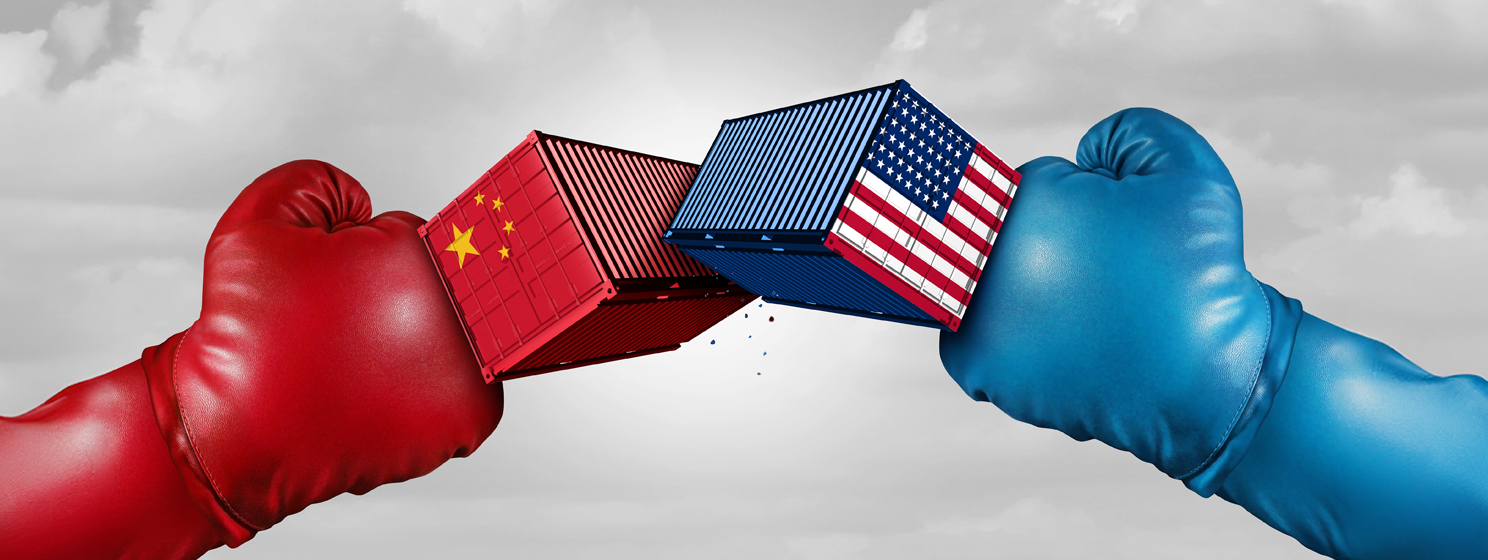|
Getting your Trinity Audio player ready...
|
Hong Kong has listed the digital asset exchanges that have received or applied for a license following the implosion of the local exchange JPEX, and prominent exchanges, including OKX and HTX (formerly Huobi), are missing from the list despite their public statements.
The Securities and Futures Commission (SFC) announced that it would publish a list of all licensed VASPs, those ordered to shut down, and those whose applications are still pending “in light of public demand.”
The move comes in response to the collapse of JPEX, a Dubai-based exchange focused on the Hong Kong market. Alleged to be the city-state’s largest financial scandal, it has affected over 2,300 victims, with HK$1.43 billion ($182.9 million) on the line.
Early this month, the SFC exposed the exchange for operating without a license, leading to a bank run that forced it to limit withdrawals to a maximum of 1,000 USDT. It also imposed a 980 USDT administrative fee, leading to panic among the investors, some of whom claimed their accounts balance had reduced mysteriously. Authorities have revealed that over 2,000 investors have recorded complaints over the exchange in the past two weeks.
In response to the scandal, the SFC revealed that only two exchanges have received their license to operate: HashKey and OSL. Four other exchanges have pending applications for a license: HKBitEx, Hong Kong BGE, HKVAX, and Victory Fintech Company.
Some big names were missing from the list despite their repeated association with Hong Kong.
One of these is OKX, the Seychelles-based global exchange, which has long claimed to be in the process of obtaining a license. Earlier this month, it said it was “in the final stages of preparation” for the application. On Monday, global chief commercial officer Lennix Lai claimed that the exchange was “on track to formally submit our license application by the end of October.”
In addition to revealing the licensees, SFC pledged to work with authorities to “bring the wrong-doers to justice.”
Hong Kong police arrested 11 people earlier this month in connection with their role in the JPEX scam. According to local reports, they arrested a 12th suspect on Monday—23-year-old Wong Sheung-yin, the director of over-the-counter shop Money Lupin.
Will the latest scandal change Hong Kong’s digital asset approach?
Hong Kong has been among the most progressive digital asset jurisdictions in recent years in its push to become a global crypto hub. Its new licensing regime strikes the balance between promoting innovation and protecting investors, and it’s even pushing banks to serve ‘crypto’ clients.
But will this change in light of the latest scandal?
Hong Kong’s chief executive, John Lee Ka-chiu, says that the city is able and ready to protect its residents from ‘crypto’ scammers. However, it’s up to investors to conduct due diligence and only use regulated platforms.
“But I must repeat, their interests will be best protected if they invest in platforms which have been licensed. That means these platforms will be properly regulated, there will be proper risk control and proper standards that they must fulfil,” he stated.
Some say this scandal has exposed the loopholes in the city-state’s approach.
“I think the regulators will look back and see that they should have clamped down on non-licensed players on day one, when the licensing regime went live,” commented Carlton Lai, who heads the digital assets division at Daiwa Capital Markets.
Others say this is a watershed moment for the trajectory of the digital asset industry in the city, especially depending on whether investors recoup their money.
“Will this knock confidence? Yes, I think initially, especially if people aren’t able to recover their assets,” commented Jonathan Crompton, a Hong Kong-based partner at global law firm RPC.
Watch: The futures of exchanges & training in a tokenized world

 02-12-2026
02-12-2026 




